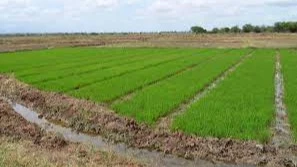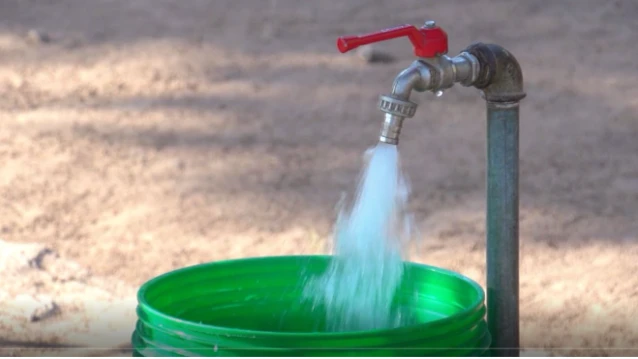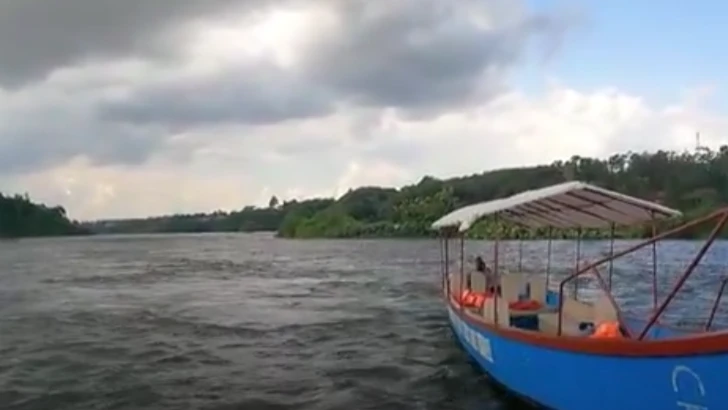Ruvuma Basin riparian states can do with an agro-sector investment zone

A ZONE that by its size and resources could make a difference in regional crop produce and mining logistics, and even potentially for industry, is finally being ‘discovered’ by top administrators and development agencies.
The Ruvuma River Basin riparian countries – namely, Malawi, Mozambique and Tanzania – have lately signed a memorandum of understanding on the establishment of an organisation for managing resources in the basin and oversee its ecology.
Even after it was signed, the MoU was still being seen as a reference point for further discussions on basin management cooperation, even as the effort has wider support in the Southern Africa Development Community, working with German aid agency GIZ-TWM.
Other stakeholders include the International Union for Conservation of Nature and the Global Water Partnership for Southern Africa – the latter also attractive to WaterNet, a Netherlands water supply agency linked with SADC. A widening of vision is meanwhile available with financing prospects from the Global Environment Facility.
For one thing, donor agencies don’t do the ‘big dreaming’ for the countries with which they engage and conversely take them on their word as to what their priorities are.
Donor agencies may seek amendments if what is being targeted isn’t in line with particular aspects of their missions – for instance, if these ignore environmental controls or appear to flout rules of inclusivity that are now integral to project support.
None of these issues comes up here, and matters relate to straight lack of imagination due to the strictly inter-governmental sort of concern rather than part of a widening PPP strategy in that sphere too.
A note at the signing ceremony had it that the riparian states’ governments will maximise their contributions to the mutual management of the river basin resources, for the use, development, protection, conservation and sustainable management of the basin resources.
Had there been an investment strategy being discussed as well, as different from investing in additional infrastructure or formulating common regulations on basin resource use, the outcome would have been different.
Still, a gathering of top executives can’t venture into private sector inclusion, or tailoring cooperation in that context, unless specifically directed.
The lack of tangible development on either side of the river and thus gross under-use of resources in the basis and its immediate hinterland isn’t just a development backwater but a major security threat.
Those with an axe to grind about who is in power in this or that country picks on backwardness in an area as a mark of negligence and discrimination by those in authority, while a part of the support base sees this situation positively.
Yet it is altogether without question that rural people, much like their urban counterparts, need assured periodic incomes.
For a big number of urban residents, that is possible with a viable trading activity or rental income. Those making policies are trying their best to improve agro-sector conditions with subsidised fertiliser, assured markets, soil research and extension advice.
However, this could be of good use to investors only if rural dwellers held land on an individual basis, rented it out and got capital for gardening, poultry keeping and other ventures. It is many people’s hope that ongoing efforts to that effect will succeed.
Top Headlines
© 2026 IPPMEDIA.COM. ALL RIGHTS RESERVED

















